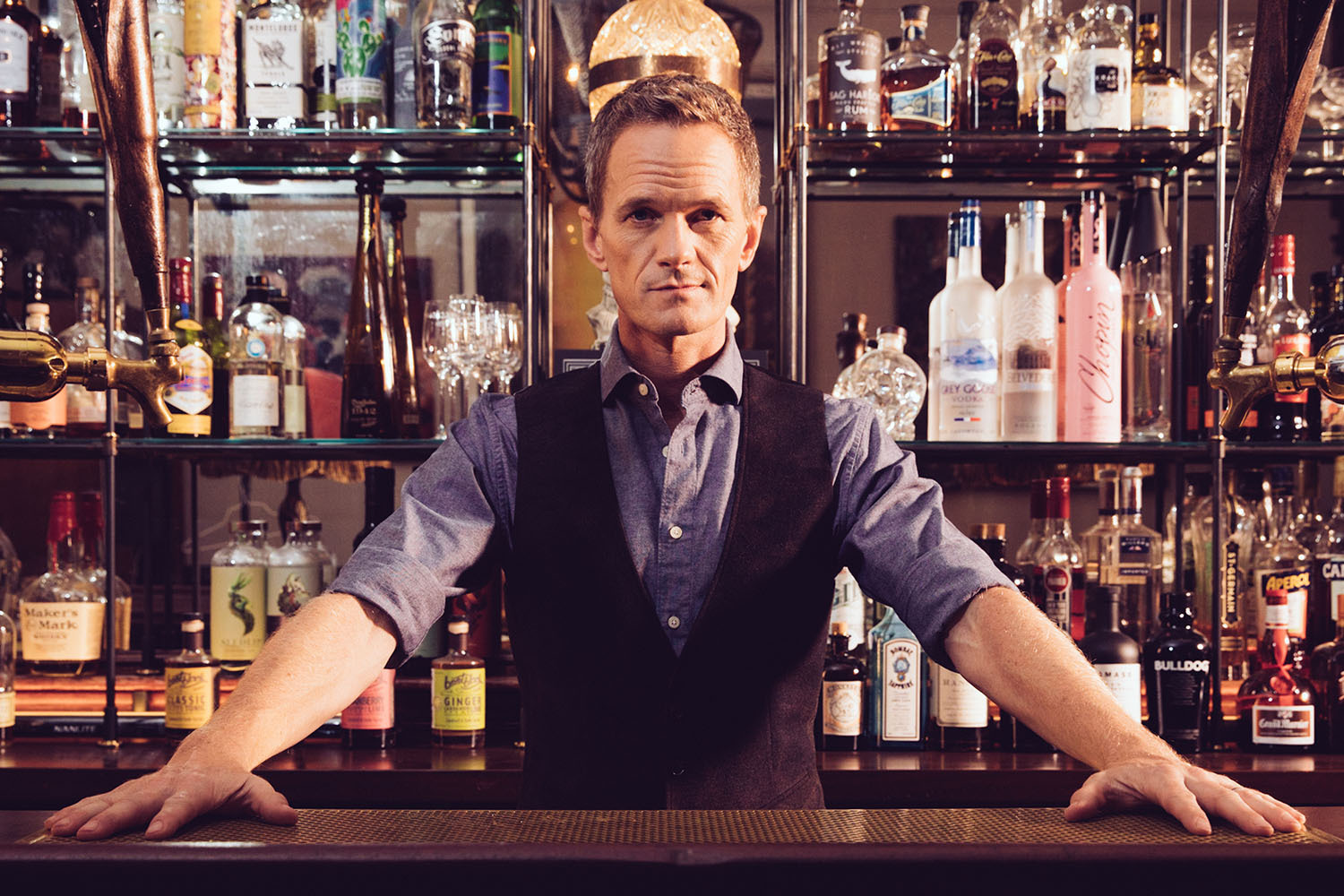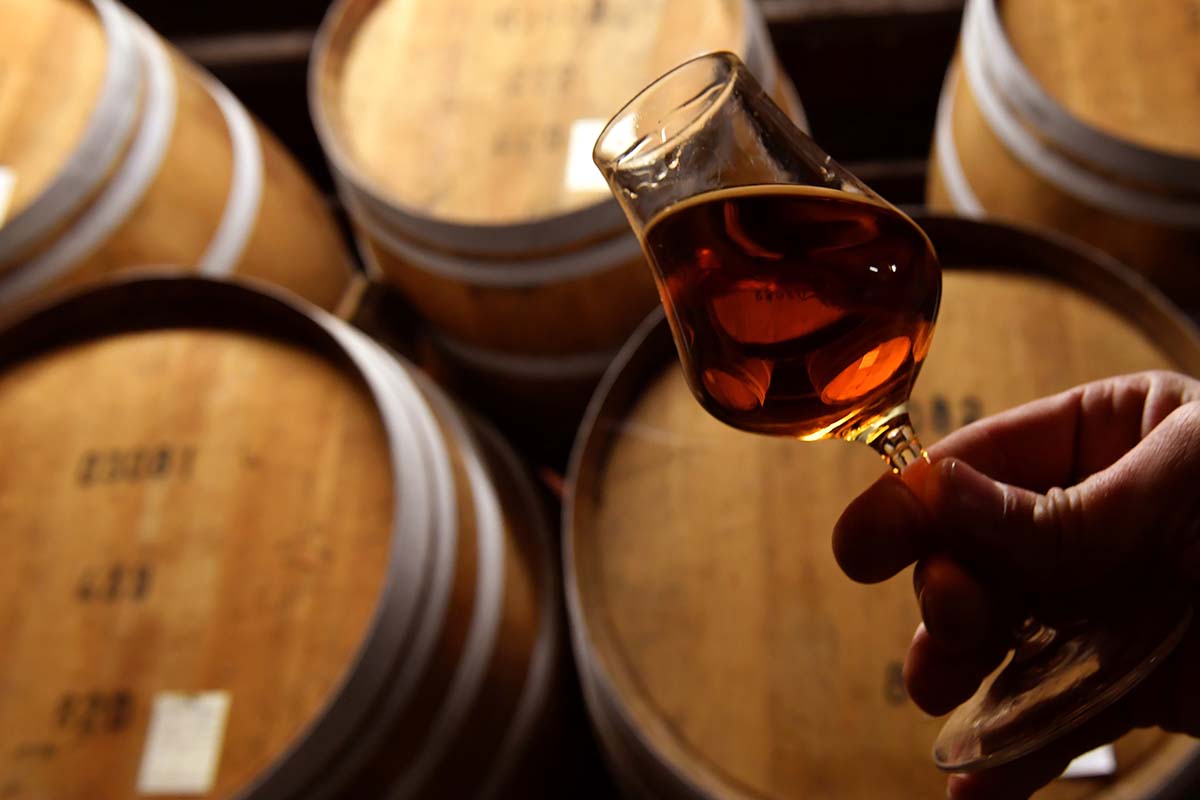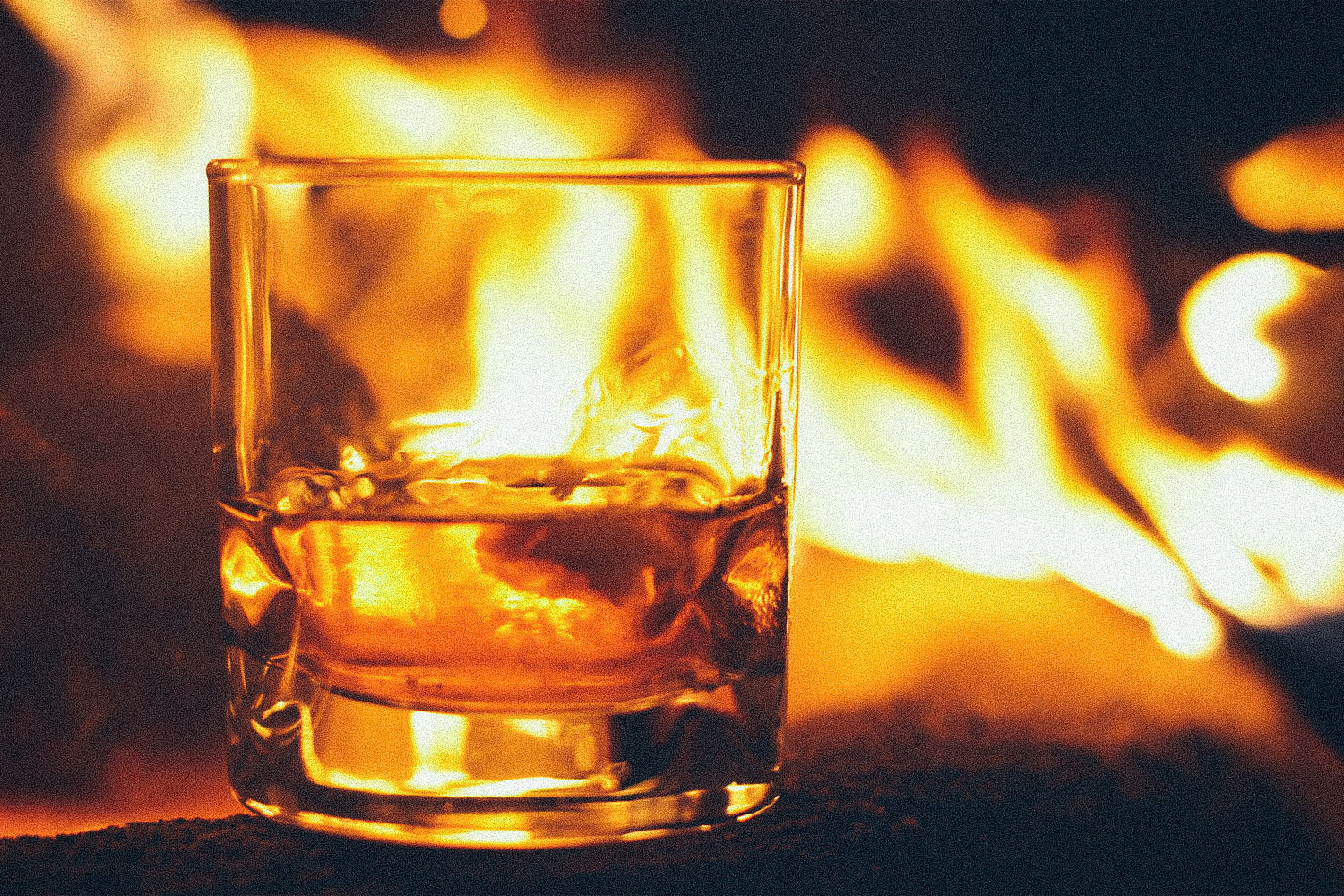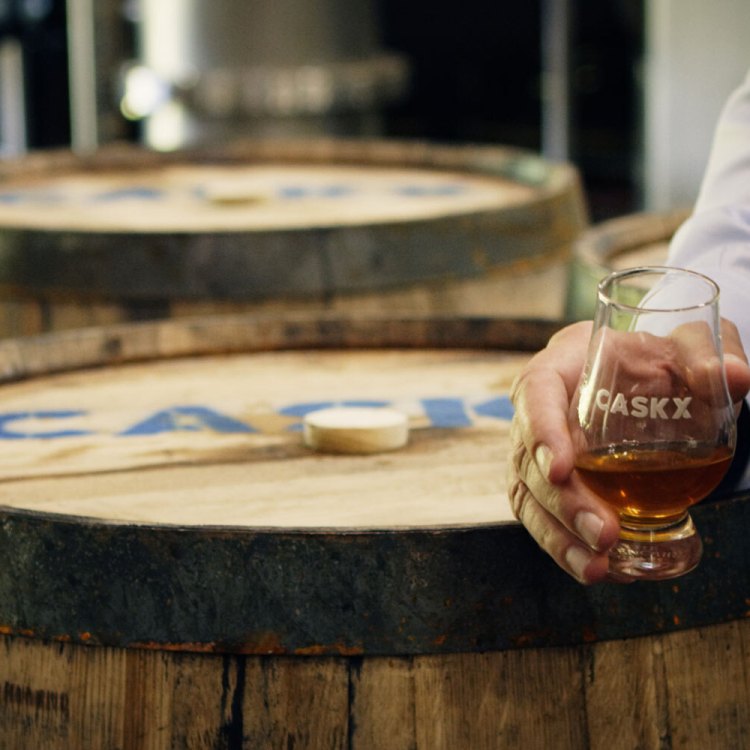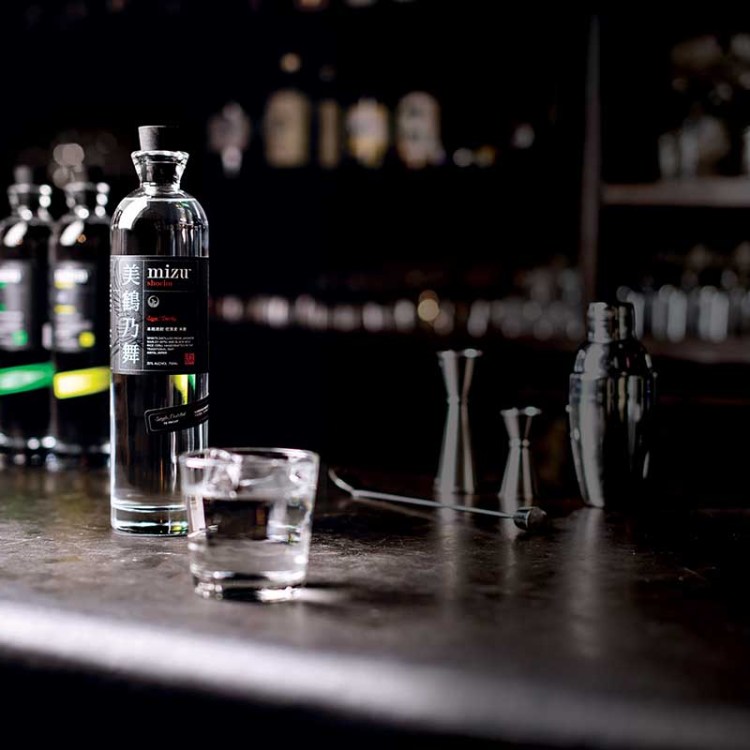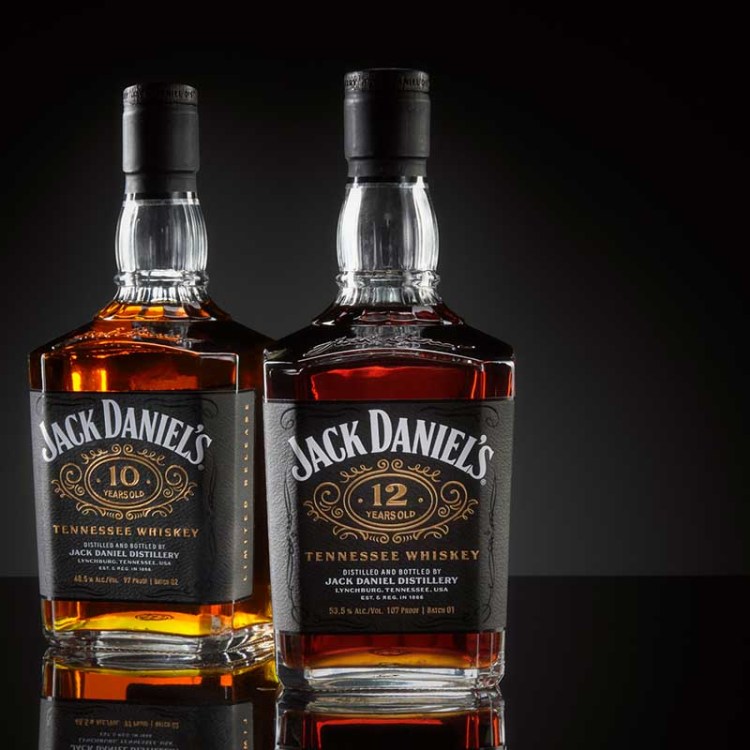While the whiskey industry is rightly still worried about tariffs, there’s also a very specific state tax that’s hitting Kentucky distillers particularly hard.
As reported by CNBC, bourbon distillers in the Bluegrass State are on the hook for more than $33 million in aging barrel taxes in 2021, a figure that’s 140% higher than it was a decade ago.
Admittedly, part of that high figure is due to the surge in popularity in bourbon: There are now more than 10 million barrels of bourbon aging across Kentucky (in 2011, it was less than half that), and distillers filled almost 2.5 million barrels in a single year, a record. Unfortunately, bourbon-aging barrels are considered property, and therefore taxed as such.
“Every year that barrel ages, it is taxed again and again and again and again,” Eric Gregory, president of the Kentucky Distillers’ Association, told CNBC. “If you’re drinking a bottle of 18-year-old Elijah Craig, that whiskey from that barrel had been taxed 18 times before it was bottled.” Gregory also notes that Kentucky is the “only place in the world” that treats barrels as property — whisk(e)y in other states, Canada, Scotland, Ireland or Japan, for example, isn’t subject to this type of taxation.
This unique tax is on top of $300 million in state and local taxes and another $1.8 billion in federal excise taxes on alcohol paid by the state’s distilleries. And then there’s a long-running trade dispute between the U.S., E.U. and the U.K., which means American whiskey is currently subject to a 25% tariff … even though the trade disagreement involves the aluminum and steel industries and, at least currently, has nothing to with alcohol.
The Toasts Not Tariffs coalition, 50 associations representing the three-tier chain of the U.S. alcohol industry, recently pointed out that the E.U. and U.K.’s “continued application of 25 percent tariffs on exports of American Whiskeys — now in its third year – is having a devastating impact for U.S. exporters to our most important export markets; American Whiskey exports have declined by 37 percent to the EU and by 53 percent to the UK.” Those tariffs are set to double on Dec. 1.
What does this mean for drinkers? Essentially, Kentucky bourbon will continue to be more expensive than necessary here in the U.S., and its growth will slow in the U.K. and E.U. until the trade dispute is resolved, which U.S. Trade Representative Katherine Tai seems to suggest is a work in progress (“That is certainly what we are working on and our goal” was her rather vague comment to CNBC).
The good news is that the current administration did end a lot of boozy tariffs back in June, which suggests a resolution could arrive before Dec. 1.
Thanks for reading InsideHook. Sign up for our daily newsletter and be in the know.

